Calcium
Calcium is good. The bones need it and so do the heart and other muscles. As the body ages, it needs more calcium. The recommended quota is 1,000 milligrams for ages 19 to 50 and 1,200 milligrams for ages 51 and up.
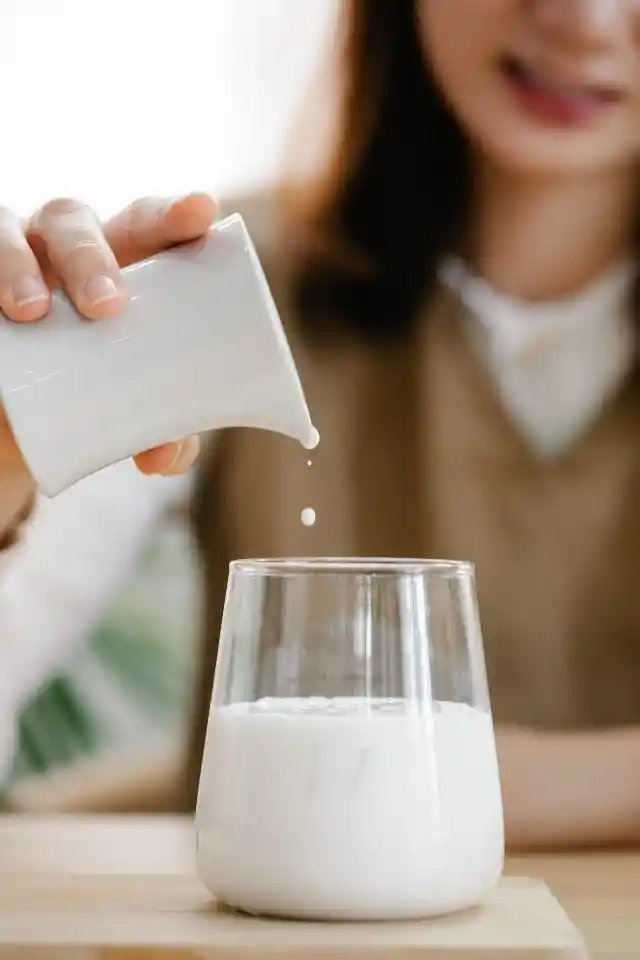
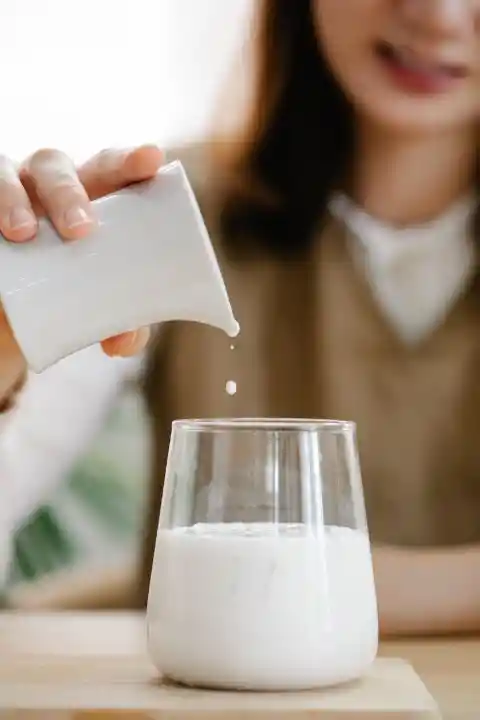
Three servings of low-fat foods each day as part of a balanced diet are enough to get more calcium. In case of a dairy allergy or intolerance, you can get it from calcium-fortified products, dark green leafy vegetables, nuts, and seeds.
Fiber
Fiber is not only good for avoiding constipation, lowering cholesterol, and managing blood sugar levels, but it’s also very filling. It can be found in foods that are low in calories, so it can help manage your weight. Fiber can also lower your risk of heart disease since it lowers your LDL or bad cholesterol.
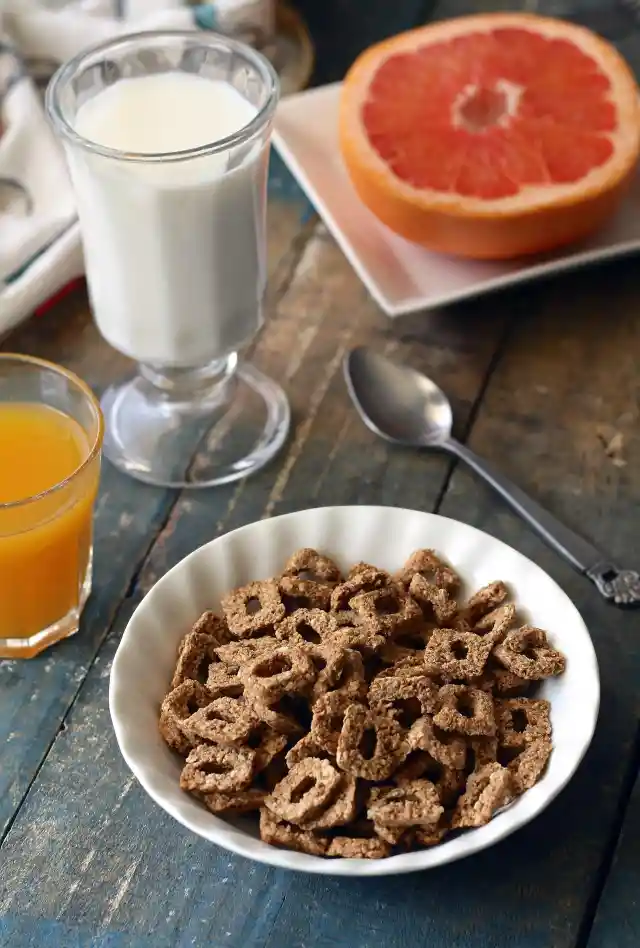
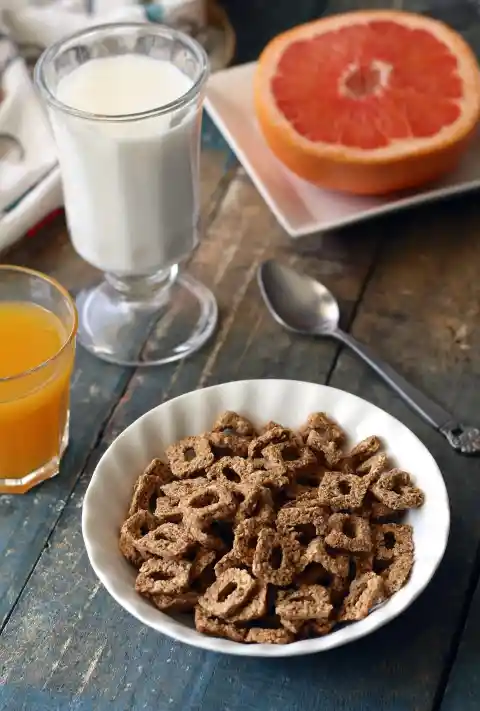
Fruits, vegetables and high-fiber whole grains are the best food sources of fiber. The recommended quota is 38 grams for men aged 19 to 50 and 30 grams for men aged 50 and up. For women, it is 25 grams for ages 19 to 50 and 21 grams for ages 51 and older.
Vitamin A
Your vision, genes, immune system and many other things need vitamin A. It comes in two forms: retinol, which is ready for the body to use, and carotenoids, which are the raw materials the body converts to vitamin A.
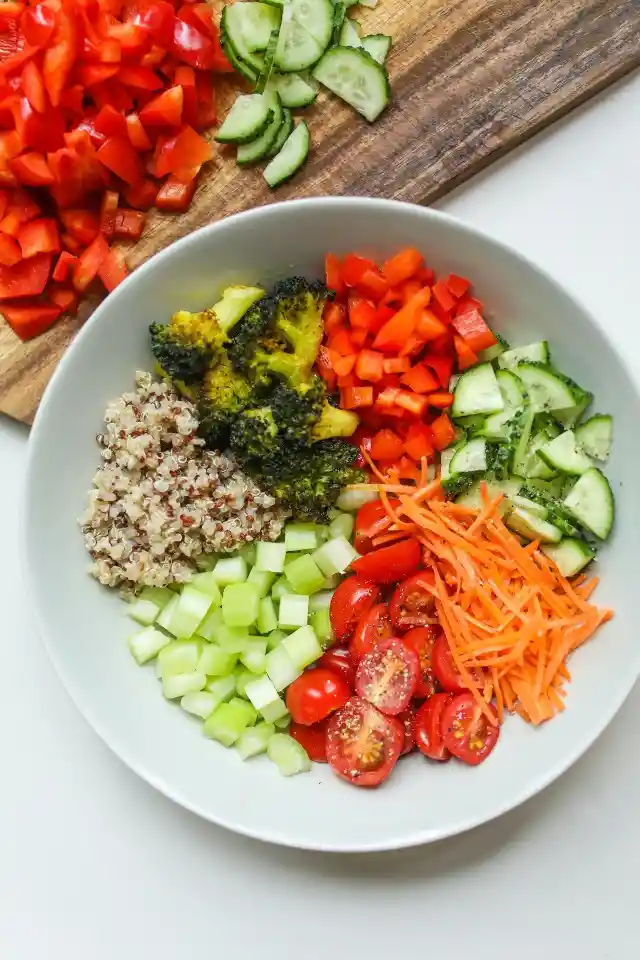
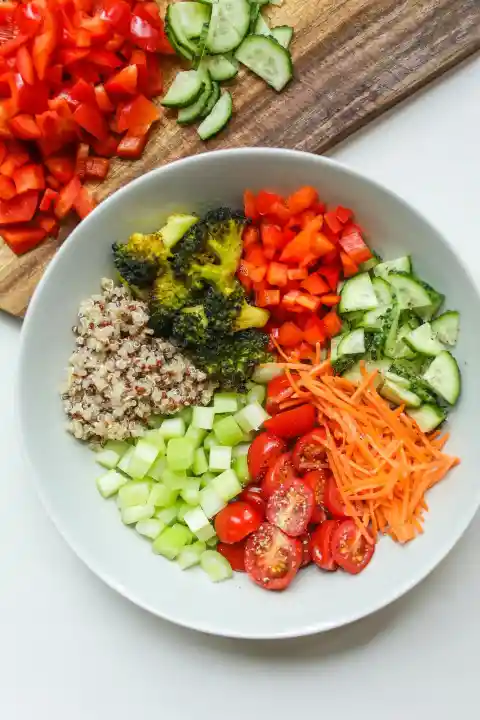
To get more vitamin A, your diet should include carrots, sweet potatoes, pumpkin, spinach, cantaloupe, sweet red pepper, broccoli and tomato.
Potassium
Potassium plays a key role in maintaining muscles, nerves, and fluid balance, and it’s present in every cell of the body. Everyone aged ten and older needs 4,700 milligrams of potassium every day.
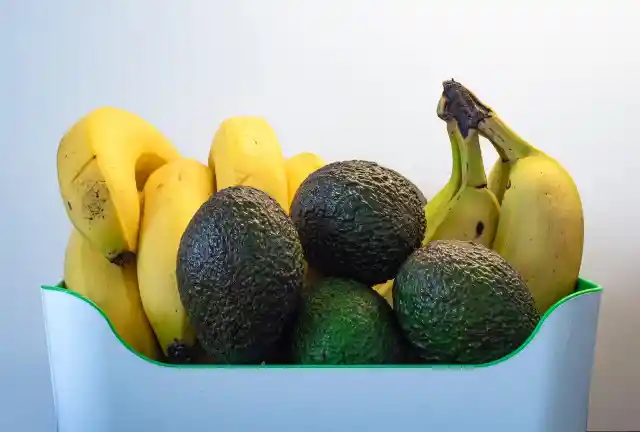

To meet the potassium quota, kidney beans, raw spinach, sweet potato, Greek yogurt and banana are some potassium-packed foods to keep in mind.
Iron
Iron is important because it makes red blood cells, which transport oxygen to cells and tissues throughout the body. There are animal sources of iron, like cooked meat or eggs, and plant-based options, like oatmeal and beans.
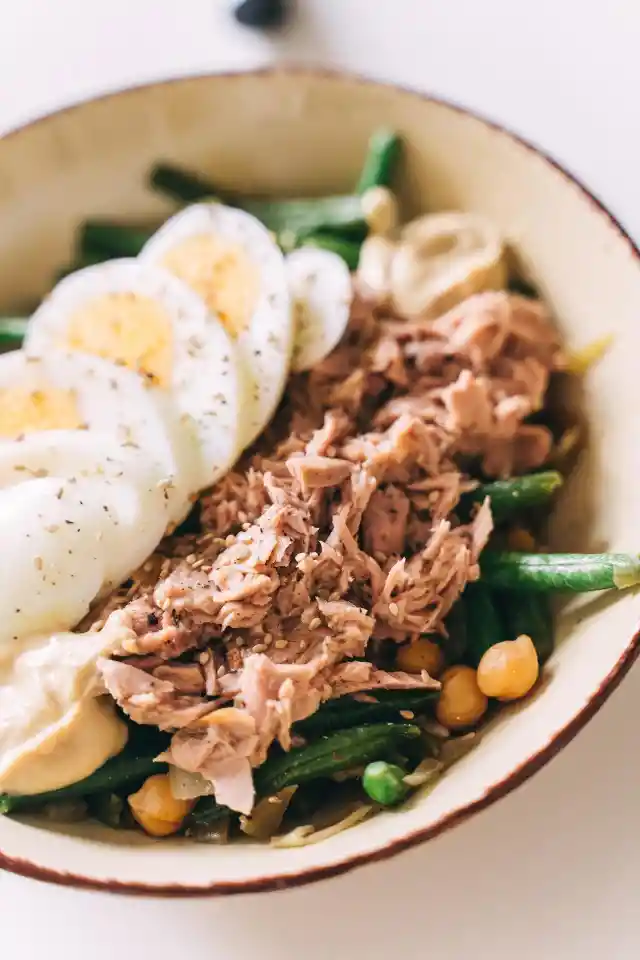

Getting enough of it becomes key before and during pregnancy since pregnancy is a drag on iron supply and may cause iron deficiency (anemia). Women ages 15 to 50 need 18 milligrams per day, but only 8 milligrams from age 51 because they no longer lose iron through menstruation. Men need 8 milligrams a day.